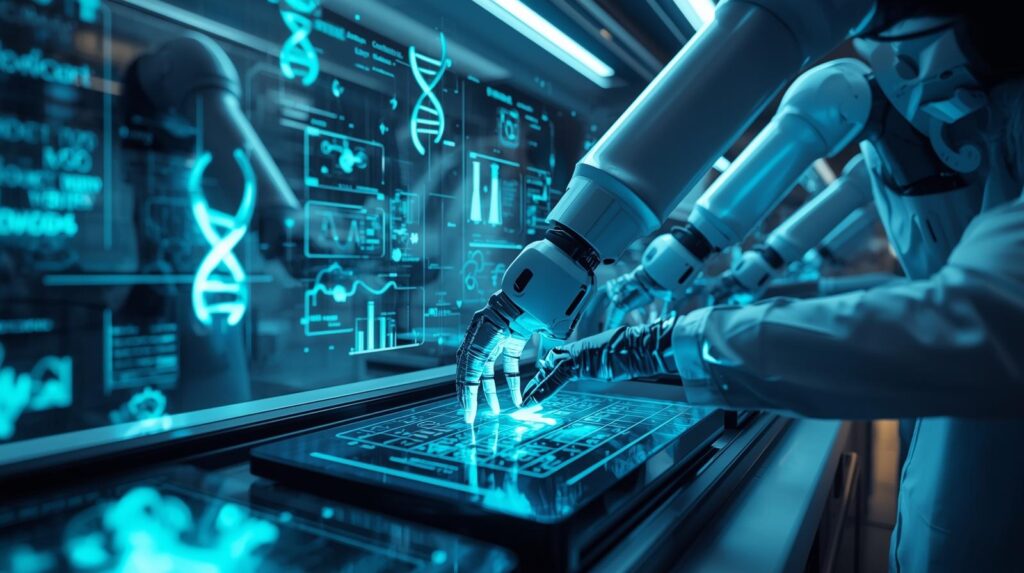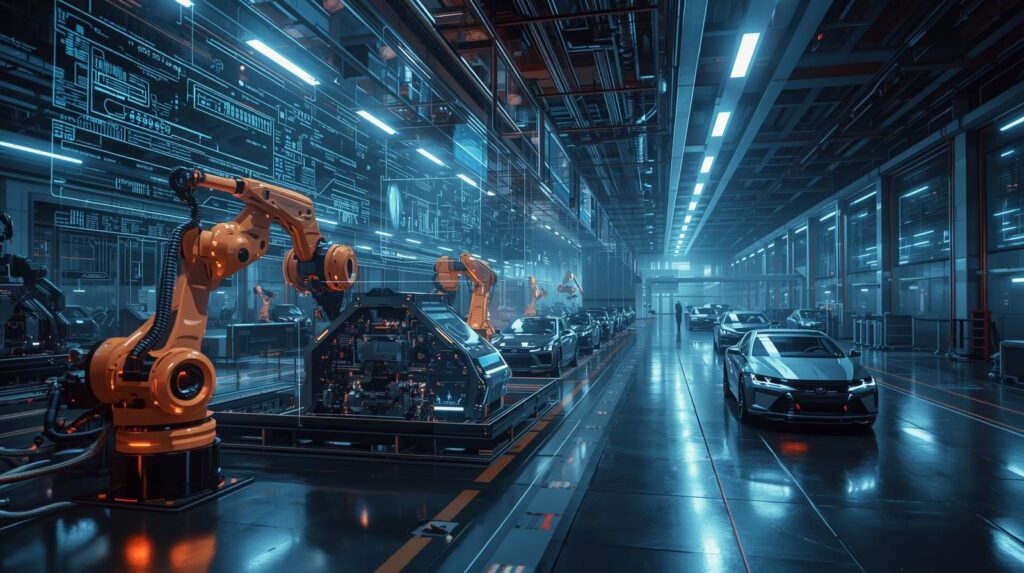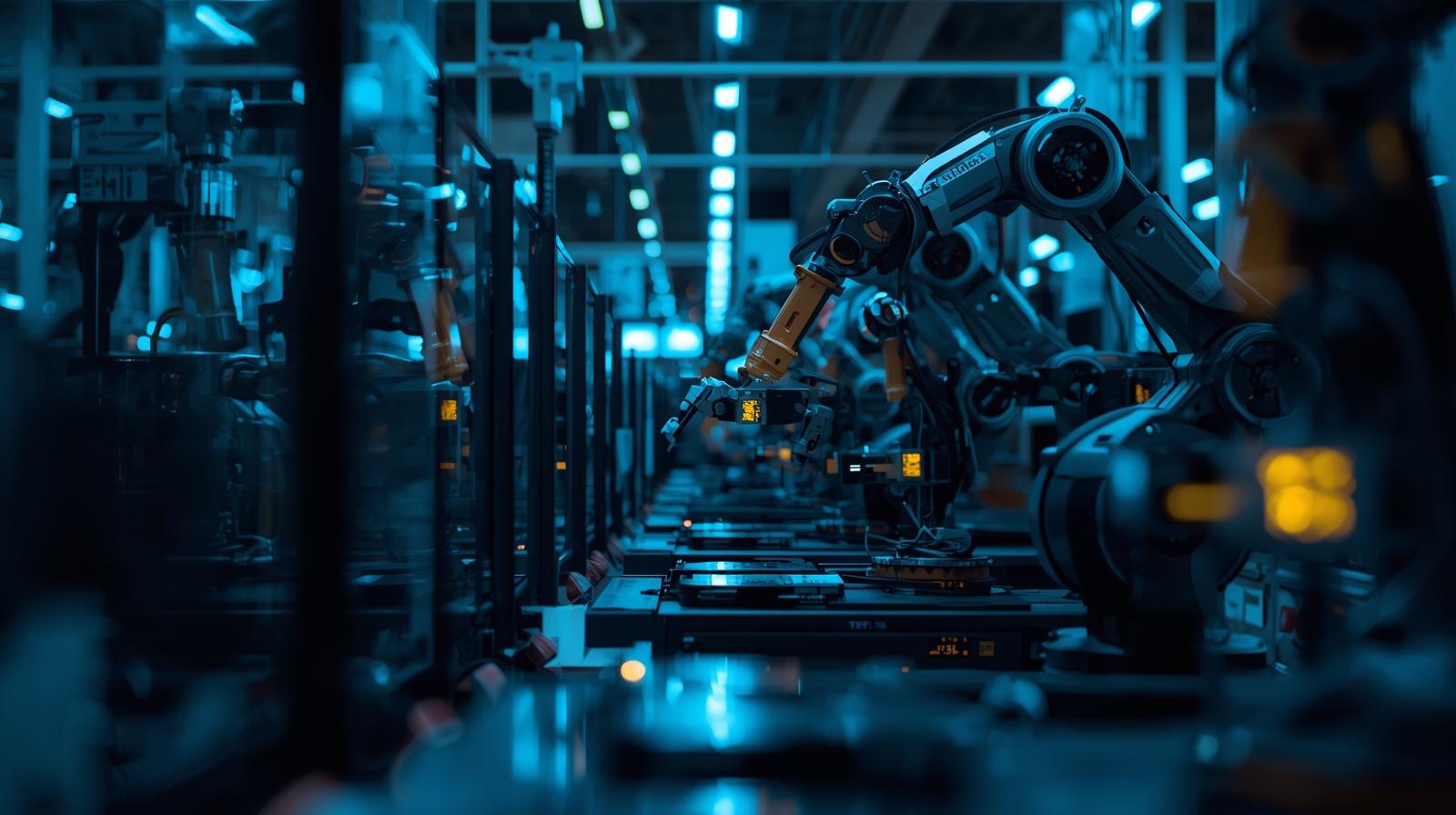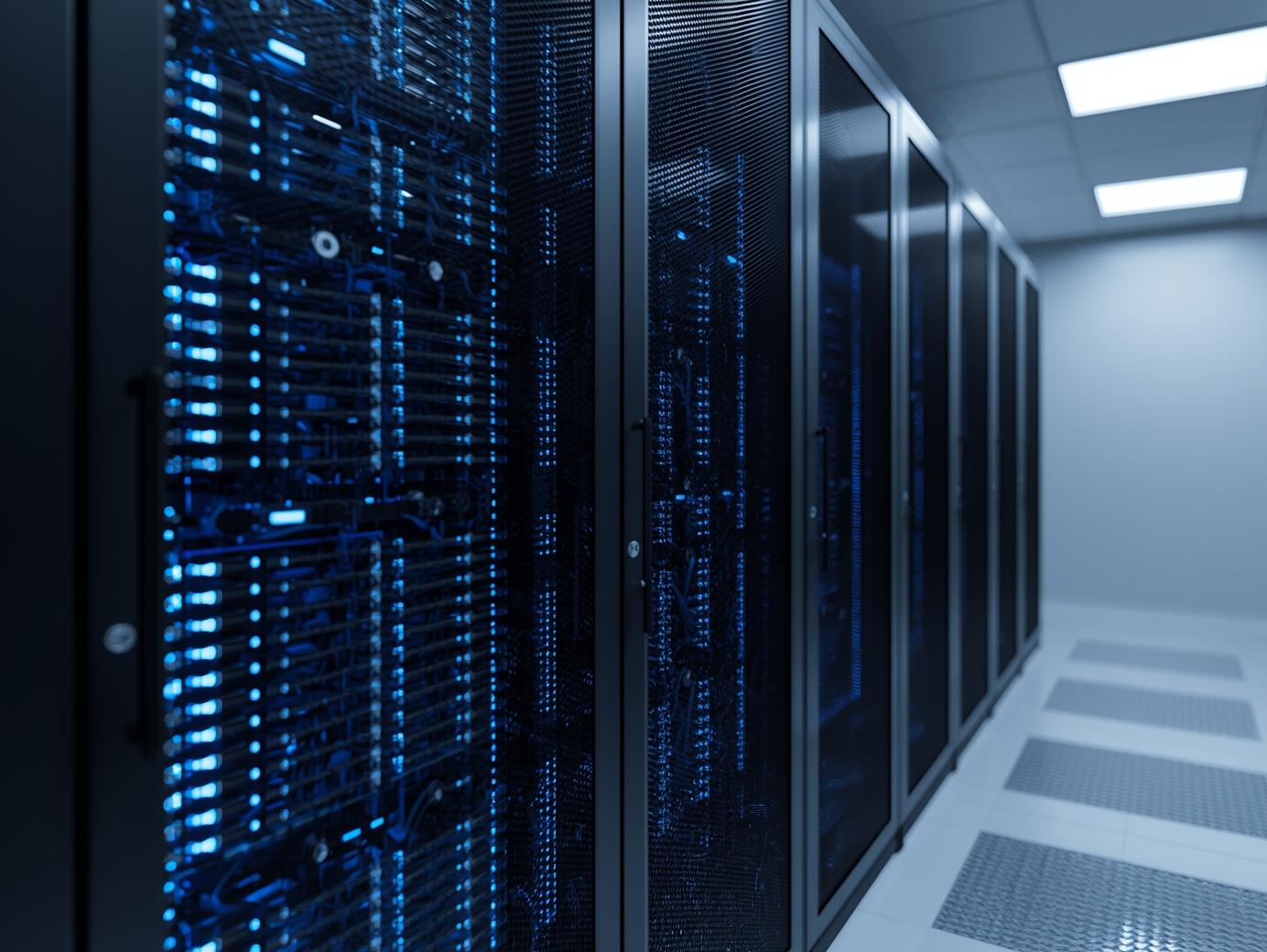In today’s rapidly evolving world, technology has become the cornerstone of industrial progress. From manufacturing and healthcare to transportation and energy, industries across the United States and the world are leveraging advanced technologies to boost productivity, improve quality, and create sustainable growth. The integration of digital tools, automation, and data-driven systems has revolutionized how businesses operate and compete in the global marketplace.
The Role of Technology in Industrial Transformation
Technology plays a vital role in transforming traditional industries into smart, efficient, and adaptive ecosystems. The Fourth Industrial Revolution, often referred to as Industry 4.0, combines digital innovation with physical production to create intelligent systems that can analyze, predict, and optimize industrial processes. This transformation is driven by artificial intelligence (AI), the Internet of Things (IoT), robotics, and big data analytics.
In the manufacturing sector, smart factories are redefining production lines. Machines connected through IoT devices collect real-time data, allowing managers to monitor equipment performance and detect issues before they cause downtime. This predictive maintenance reduces costs and enhances operational efficiency. Similarly, automation and robotics are improving precision and safety by handling repetitive or hazardous tasks.
Technology in Healthcare and Biotechnology
The healthcare industry in the United States has experienced a technological revolution that has improved patient care and outcomes. From electronic health records to telemedicine and AI-powered diagnostics, technology enables faster, more accurate decision-making. Biotechnology and genetic engineering are opening new frontiers in medicine, making personalized treatment and advanced therapies possible. Medical devices and robotic surgery systems are also increasing precision and reducing recovery times, enhancing the overall quality of care.

Advancements in Energy and Environmental Technologies
Technology has also transformed the energy industry. Renewable energy systems, such as solar and wind power, are now integrated with digital technologies for better efficiency and management. Smart grids use AI and data analytics to balance electricity demand and supply, reducing waste and promoting sustainability. The development of battery storage technologies and energy-efficient systems is also shaping the future of clean energy production in the United States and beyond.
The Impact of Technology on Business and Workforce
With digital transformation, industries are becoming more data-driven and customer-focused. Cloud computing and artificial intelligence allow businesses to streamline operations, analyze market trends, and improve customer experiences. However, this transformation also brings new challenges, including the need for a digitally skilled workforce. Continuous learning and upskilling are essential for employees to adapt to new tools and maintain competitiveness in the evolving job market.
The Future of Technology in Industry
The future of industrial technology is marked by continuous innovation and integration. Artificial intelligence, machine learning, 3D printing, and quantum computing are expected to shape the next phase of industrial growth. Companies that embrace these technologies will not only increase their operational efficiency but also contribute to a more sustainable and connected global economy.

As industries continue to innovate, the line between the physical and digital worlds will blur even further. The ability to adapt, invest in research, and adopt cutting-edge technologies will determine which organizations lead the next era of industrial development.



